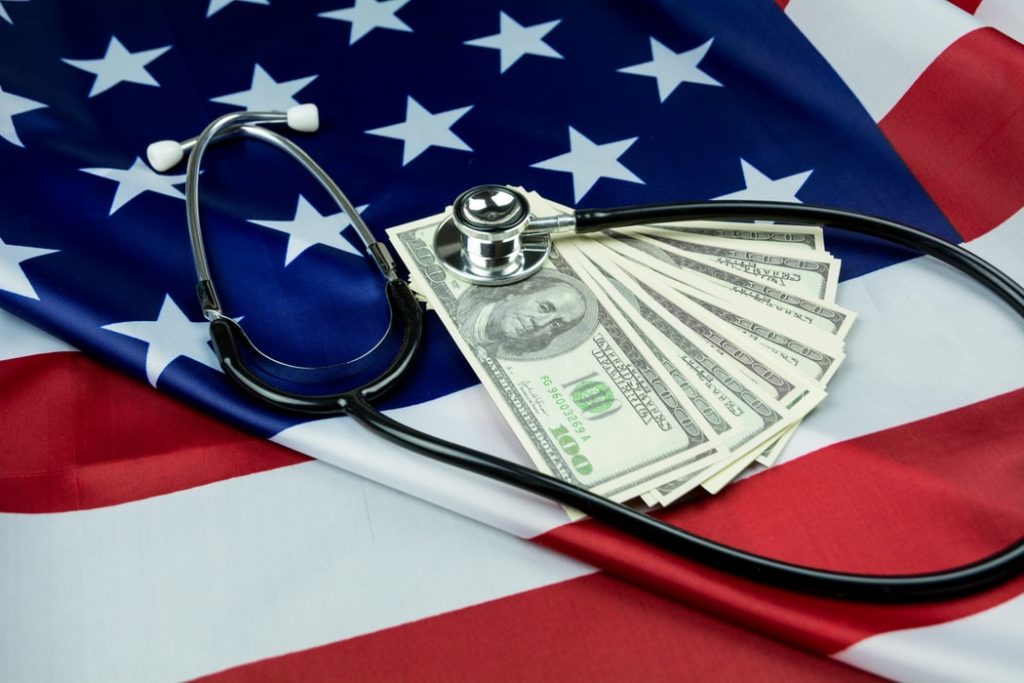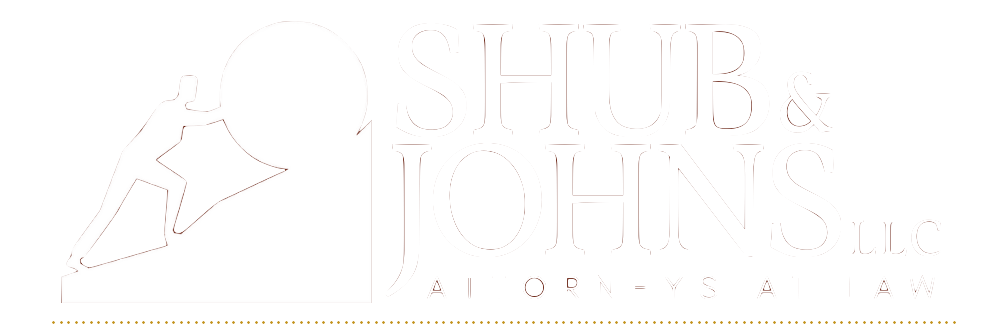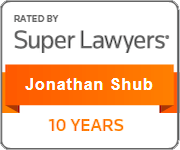
Shub Law is investigating companies who have engaged in Paycheck Protection Program (“PPP”) fraud. America is still reeling from the economic effects of the coronavirus pandemic, and the Paycheck Protection Program is supposed to help Americans get back on their feet.
THE BENEFITS OF THE PAYCHECK PROTECTION PROGRAM
When quarantine began, many small businesses worried about staying afloat. PPP was designed to offer loans with low interest rates and offer forgiveness and no collateral to small businesses in order to keep employees on the payroll. To incentivize small businesses even further, PPP states that, “Borrowers may be eligible for loan forgiveness if the funds were used for eligible payroll costs, payments on business mortgage interest payments, rent, or utilities during either the 8- or 24-week period after disbursement.”
Clearly, this was a needed lifeline for small businesses who suddenly lost substantial traffic due to the coronavirus pandemic and restrictions. Unfortunately, other businesses took the necessary lifeline as a way to take advantage of the situation, therefore putting other businesses at risk for not receiving the funds they needed.
HOW BUSINESSES COMMIT PAYCHECK PROTECTION PROGRAM FRAUD
In order to be eligible for a PPP loan, small businesses needed to meet strict paperwork requirements and abide by several rules regarding eligibility. Even so, businesses decided to go ahead and file for a loan that they were not eligible for. While some may find the PPP eligibility guidelines firm, they are necessary so that the businesses that desperately needed the funds could receive them.
Under the False Claims Act, which enforces liability on any person or company that knowingly makes a false claim for a federally funded government program, factors that make businesses ineligible to receive PPP funds includes:
- The company had too many employees to qualify as a small business.
- The company did not have a sufficient need for the funds.
- The company did not allocate the funds required.
Businesses are also committing PPP fraud in other ways, some of which include:
- Applying for multiple PPP loans.
- Misrepresenting the immediate need for PPP funds.
- Submitting a fraudulent PPP application with falsified business records that overstate the company’s true number of employees.
- Using more than 25% of PPP funds for non-payroll expenses, or using the funds to pay for large bonuses or incentive compensation for executives.
- Making layoffs after receiving PPP funds.
Businesses that intentionally defraud government programs only make it harder for those who need the assistance to receive it.
DO YOU KNOW A COMPANY THAT HAS COMMITTED PPP FRAUD?
We value small businesses and the people affected by the coronavirus shutdowns. That is why it is important that we stand up against businesses that take advantage of serious situations that put consumers and employees’ livelihoods at stake.
If you or someone you know is aware of any business that you suspect has committed PPP fraud, please contact us. All of your information and identity will remain in strict confidence.
CONTACT US TODAY!
If you have any information on businesses that intentionally sought to defraud the Paycheck Protection Program, contact us right away! Shub Law is a national leader in representing individuals against consumer fraud. Please contact us via email at leads@shublawyers.com or give us a call at 856-772-7200. Our experienced class action attorneys are here to help you get justice. Contact us now! All consultations are free of charge.


